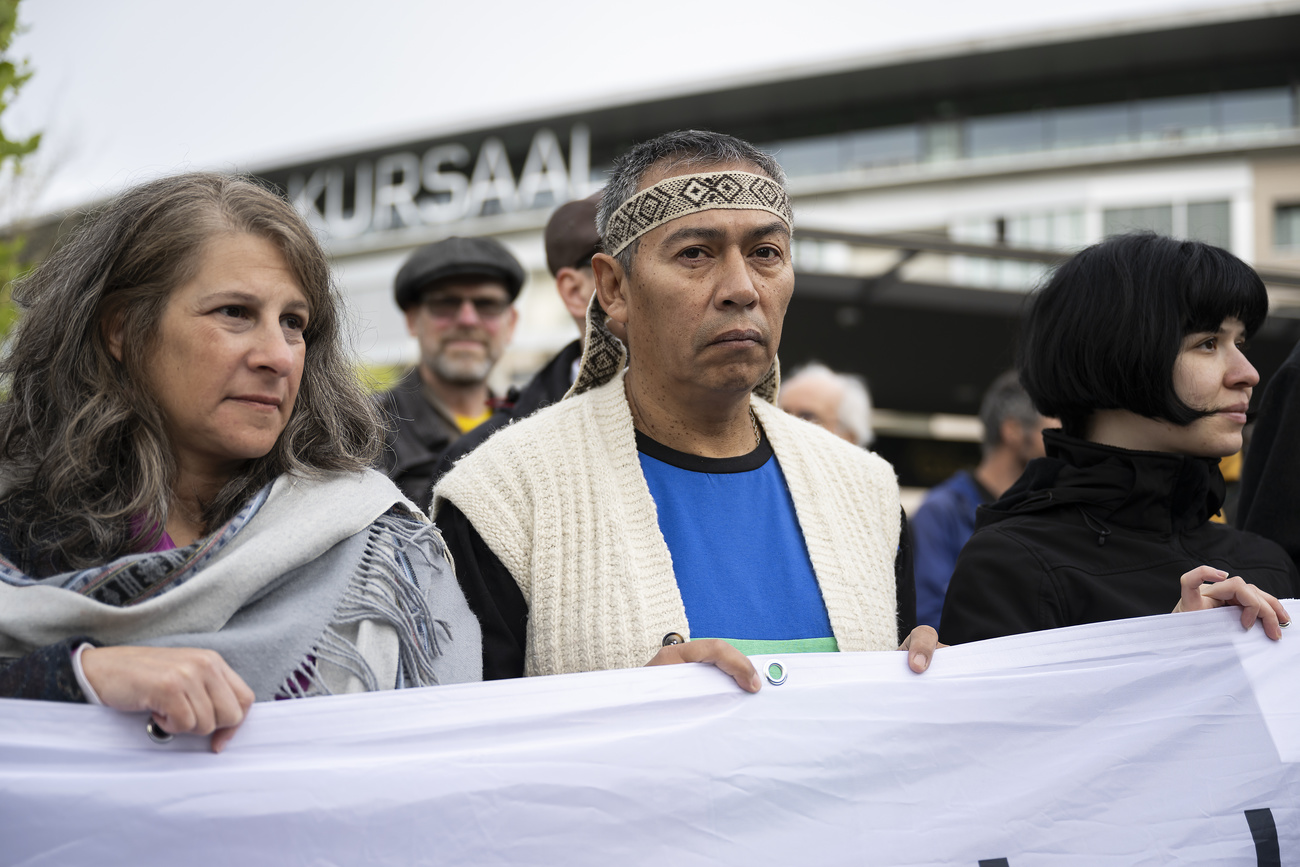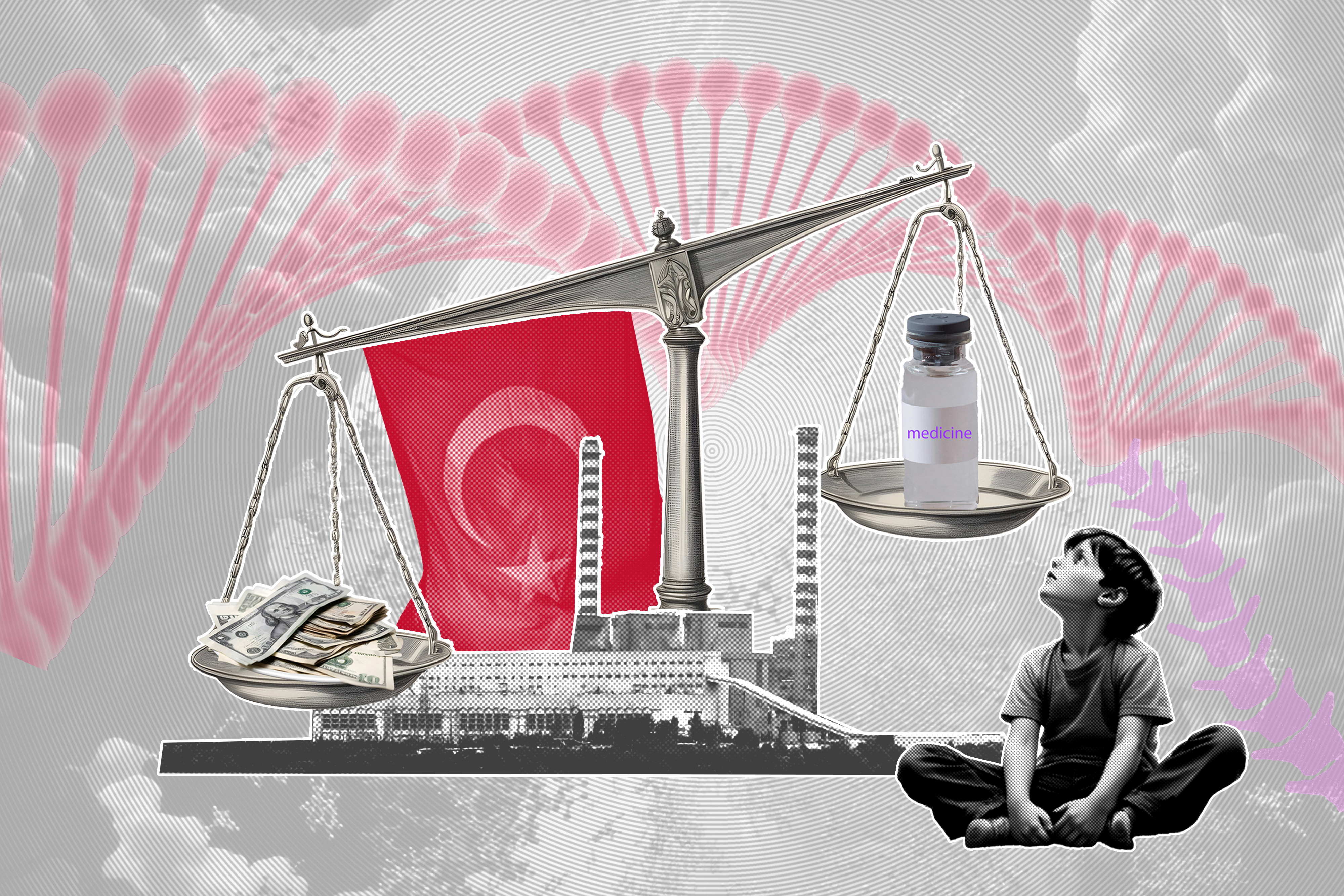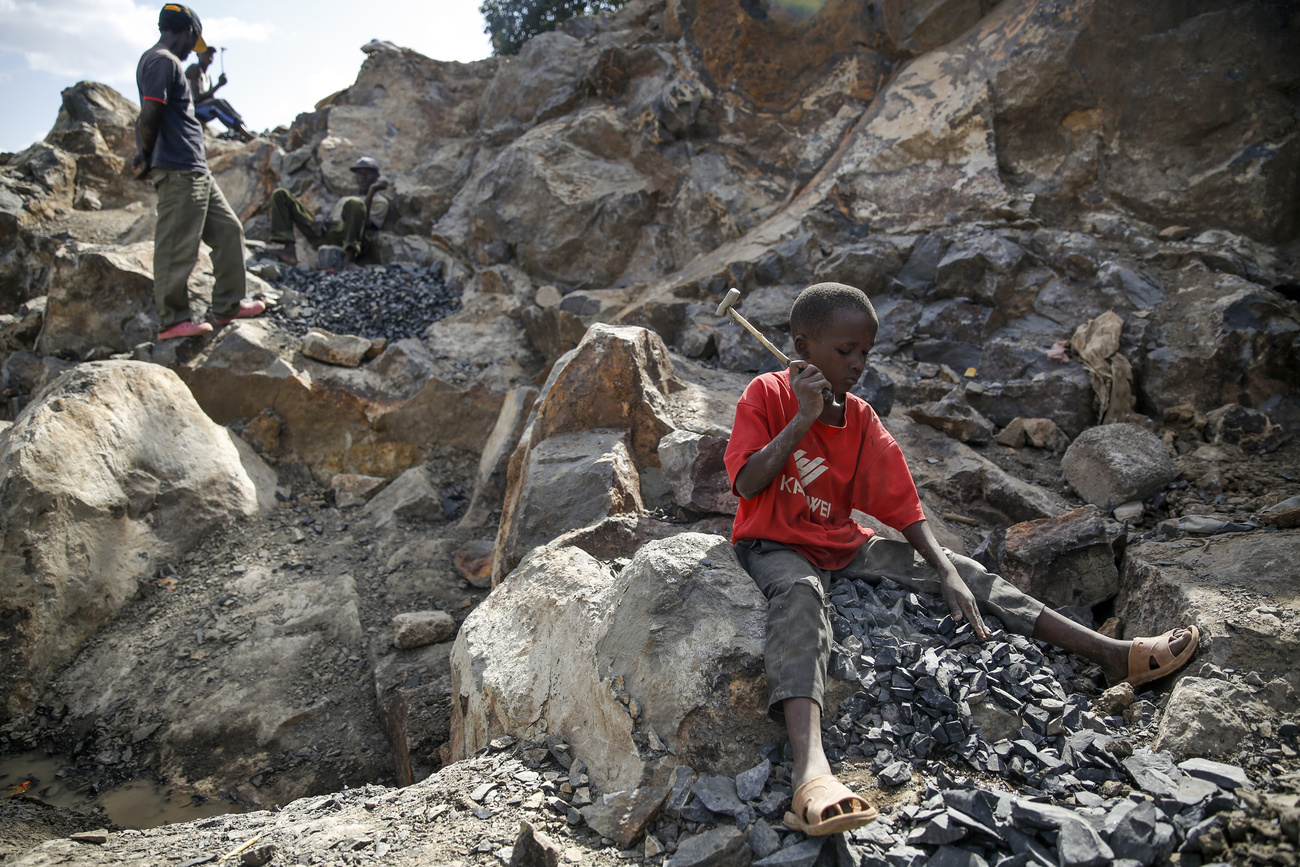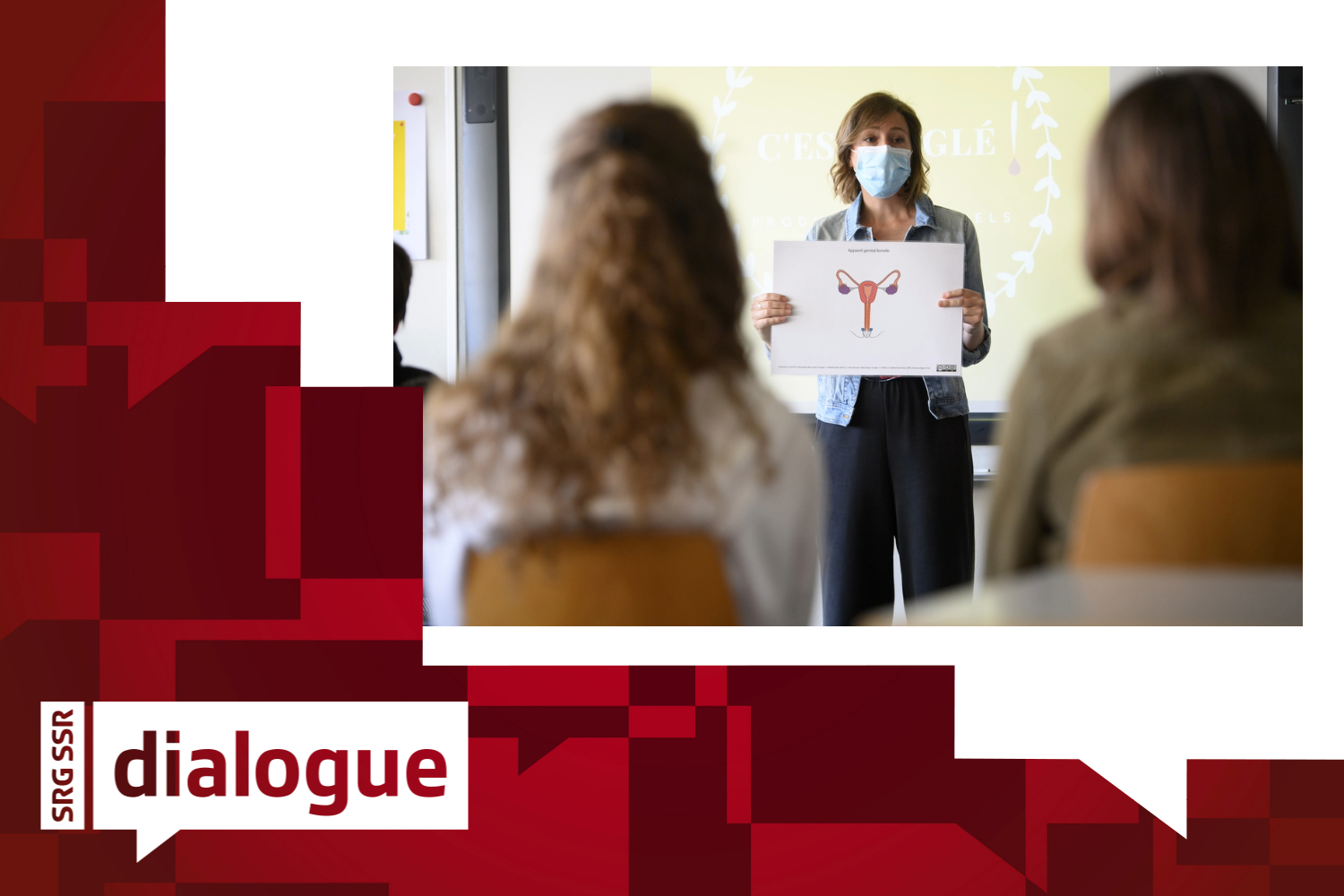

Switzerland Today
Dear Swiss Abroad,
Your child is born with a disease for which a treatment exists. The problem is that it costs more than $2 million and your government hasn’t approved it. What do you do? Find out what many Turkish parents are doing in our fascinating article “Turkey vs. Zolgensma: the battle over the world’s most expensive drug”.

In the news: Climate protests, sexually transmitted infections, Russian attempts to derail a Swiss peace conference, and a band of rare book thieves.
Climate campaigners picketed the Swiss National Bank’s shareholders meeting in Bern today in protest at the bank’s investments in companies they say damage the environment.
Less than half of the Swiss population is aware of sexually transmitted infections such as syphilis, gonorrhoea or chlamydia, according to a survey. The government’s new “Love Life” campaign aims to boost prevention.
Ukrainian president Volodymyr Zelensky has told foreign diplomats, including the Swiss ambassador, in Kyiv that Russia wants to prevent the peace conference set to be held in Switzerland in June.
Four suspected thieves of antique and rare books have been arrested in Georgia and Latvia. The gang is believed to have stolen at least 170 books from various libraries across Europe, including in Geneva.

Zolgensma is a gene therapy sold by Swiss pharma group Novartis to treat a rare and potentially fatal genetic disease in infants. It costs $2.1 million (CHF1.9 million).
Although dozens of countries, including the United States, have approved the one-time treatment for spinal muscular atrophy (SMA), the Turkish health authorities are holding out, insisting that there is insufficient evidence of the drug’s efficacy to justify its eye-popping price tag and include it on the list of approved medicines.
As a result, many desperate parents in Turkey – where SMA is more prevalent than in most other countries because of the high rate of marriage between relatives – have turned to crowdfunding to pay for the drug. Jessica Davis Plüss examines the social, business and political issues, and looks at the case of little Rüzgar, who has been fighting for his life since the day he was born.

The European Parliament has adopted new laws to rein in companies for human rights abuses in global supply chains. This will have far-reaching impacts on Switzerland’s largest companies.
After years of debate, the European Parliament agreed this week to back two new laws that create obligations on companies to tackle human rights abuses in their supply chains. On Tuesday it gave the green light to rules that would ban products from EU export and import if they are made with forced labour. A day later, European parliamentarians adopted sweeping legislation requiring companies to not only identify human rights and environmental risks but to take measures to address them. If they fail to do so, they will be liable for damages in the EU.
We spoke to human rights experts, the federation of multinational companies and NGOs for their reaction and what the EU crackdown could mean for Swiss companies.

What was sex ed like when you were at school? The chances are things have changed a bit – too much for some people, not enough for others.
The question of what should be part of sex education in schools is sparking controversy in Switzerland. While some people prefer a biological approach – steering clear of what they consider woke ideology (e.g. transgender issues) – others want sex education to be more up to date and useful for the real world. What do you think? Join the discussion on “dialogue”!

In compliance with the JTI standards
More: SWI swissinfo.ch certified by the Journalism Trust Initiative





























